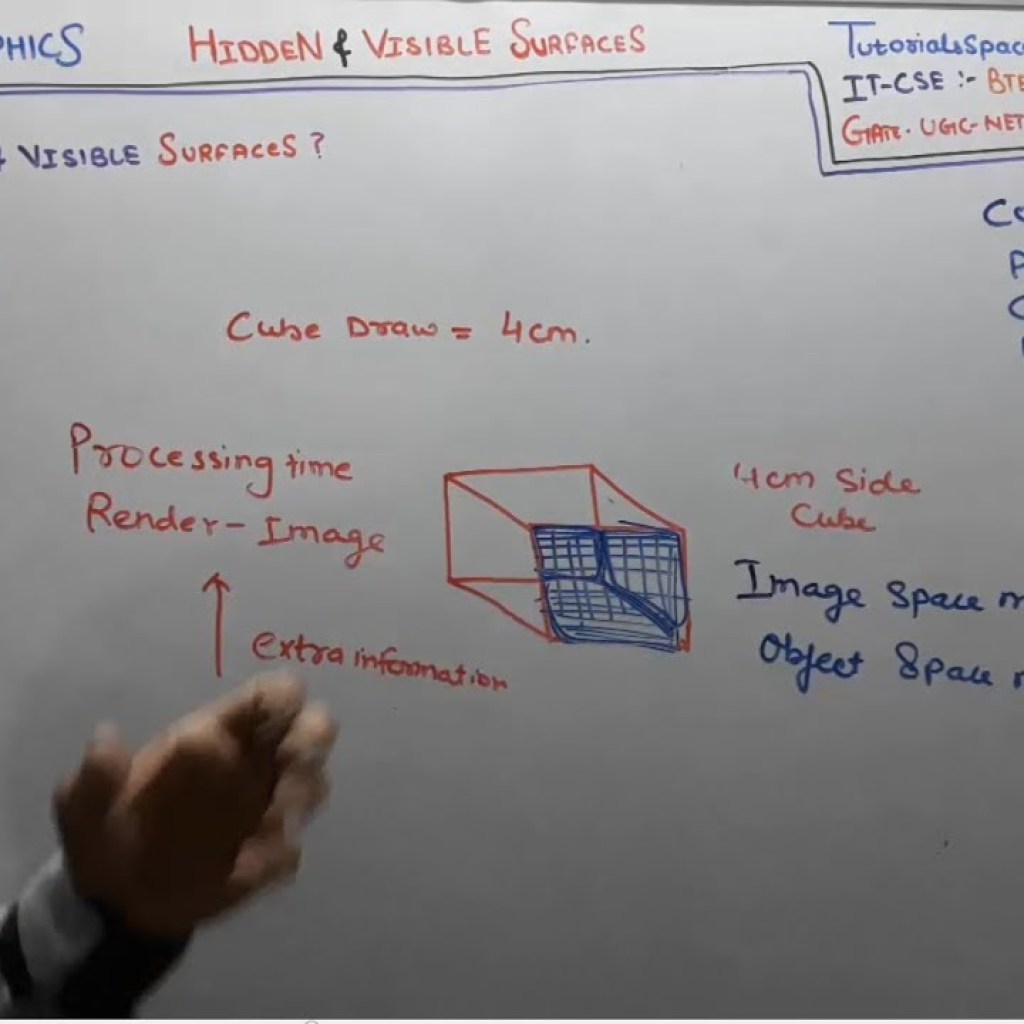Contents

Source: YouTube
Understanding Object and Image Space in Optics
Object and image space are fundamental concepts in geometrical optics that help us analyze how light behaves in optical systems. These spaces are associated with optical elements and play a crucial role in understanding image formation.
Object Space
Object space refers to the space where the object being observed is located. It can contain both real object points before the optical system and virtual object points behind it. When using a camera, for example, real object points are in front of the camera, relating to real image points on the film or sensor.
Image Space
Image space, on the other hand, is where the image of the object is formed by the optical system. It can contain real image points behind the system and virtual image points before it. Virtual images are formed by extrapolating convergent rays that meet at a point.
Application to Optical Systems
The concept of object and image space can be extended to complex optical systems with multiple elements. By understanding how object and image spaces interact, we can predict how light rays will behave within the system.
Limitations of Optical Systems
It’s important to note that an optical imaging system has limitations in imaging all points in object space. Factors like field of view and sharp imaging capabilities restrict the range of objects that can be effectively captured by the system.
Visual Representation
In diagrams, object and image spaces are often shown together. To avoid confusion, labeling systems can be used to differentiate between points in object space and image space. This helps in clearly illustrating the behavior of light rays in optical systems.
Understanding object and image space is essential for designing optical systems and predicting how they will form images. By grasping these concepts, we can enhance our knowledge of optics and improve the performance of imaging devices.

Source: Vecteezy
Feel free to comment your thoughts.



